GOVERNMENT Three Liberal Democratic members of the Government Tuesday resigned from office, after on Monday night the Alliance of Liberals and Democrats decided to break their alliance with the Social Democratic Party and move into the opposition. They are the environment minister Graţiela Gavrilescu, the energy minister Anton Anton and Viorel Ilie, liaising with Parliament. The party leader Calin Popescu-Traiceanu also announced he would step down as Senate Speaker. PM Viorica Dancila said the Social Democratic Party would stay in power in order to further implement the governing programme that won the 2016 parliamentary election. She added that Social Democratic ministers will temporarily fill the vacancies, and that Foreign Minister Ramona Mănescu, nominated into the Government by ALDE, would stay in office, in spite of Tariceanus call for her resignation.
DIPLOMACY President Klaus Iohannis said at the Annual Meeting of Romanian Diplomacy on Tuesday that joining the Schengen area and the Euro zone remain Romanias priorities, and called on Romanian diplomats to take advantage of the confidence the country has won during its presidency of the Council of the European Union. As for the relationship with the USA, the head of state explained that the strategic partnership with the US remains a core pillar of Romanias foreign policy, and that bilateral relations are at their best after the 2 visits to the White House in 2017 and August 2019. Klaus Iohannis also told Romanian ambassadors that protecting the interests of the Romanians living abroad must be their top priority. The annual meeting of Romanian diplomats takes place in Bucharest until Thursday and is organised by the Foreign Ministry. The main topics approached include the future of the EU and its role in the world, trans-Atlantic relations, Romanias relations with its eastern neighbours, European affairs, Romanias political and economic relations with the countries in Asia-Pacific, the Middle East, Africa and South America, humanitarian aid and development, global peace and security.
PARLIAMENT The judicial committee in the Chamber of Deputies unanimously rejected a bill on amnesty and pardons for certain offences. The committees negative report is to be discussed and voted on by the Chamber on Wednesday. Also on Tuesday, the committee postponed talks on the bill regarding compensatory appeals. In turn, the budget-finances committee postponed on Tuesday its report on a bill endorsing Government Emergency Order 114 on fiscal and budgetary measures and on public investments. The Social Democratic Party in power criticised the Opposition, and mentioned that the Ordinance stipulated a rise in pensions as of September 1 and introduced a cap on natural gas and electricity prices for households. The Chamber of Deputies is holding a special session this week at the request of the Opposition.
DEFENCE The Romanian Defence Minister Gabriel Leş takes part in an informal meeting of EU defence ministers held in Helsinki, Finland on Wednesday and Thursday. According to the Romanian Defence Ministry, the meeting will be chaired by the EU High Representative for Foreign Affairs and Security Policy, Federica Mogherini. Also attending will be the NATO Secretary General Jens Stoltenberg, and the UN under-secretary general for peace operations, Jean-Pierre Lacroix. The participants will discuss coordinated maritime presence, artificial intelligence and new technologies, as well as the impact of climate change and the environment on security and defence. On Thursday, a joint meeting with the EU foreign ministers will be held, focusing on the topic of hybrid threats.
GENDARMES Another Romanian Gendarme unit Tuesday left on a six-month NATO mission in Afghanistan. The 16 officers and NCOs will provide training and assistance to the Afghan security forces and institutions. Attending the departure ceremony, inspector general Constantin Florea said that Romanian gendarme units have taken part in specific missions in Afghanistan since 2011, and their achievements prompted international organisations to request Romanias participation in the training and counselling of the local security forces. So far, Romanian gendarmes have taken part in the training of over 17,000 Afghan military and police troops.
(translated by: Ana-Maria Popescu)


